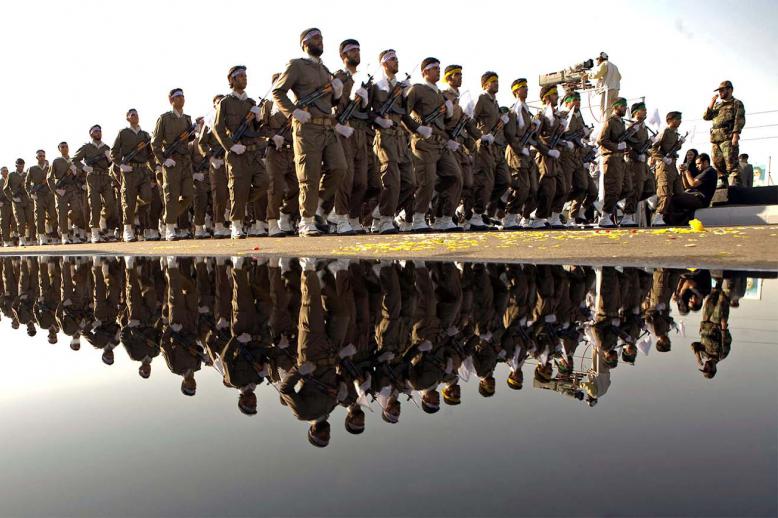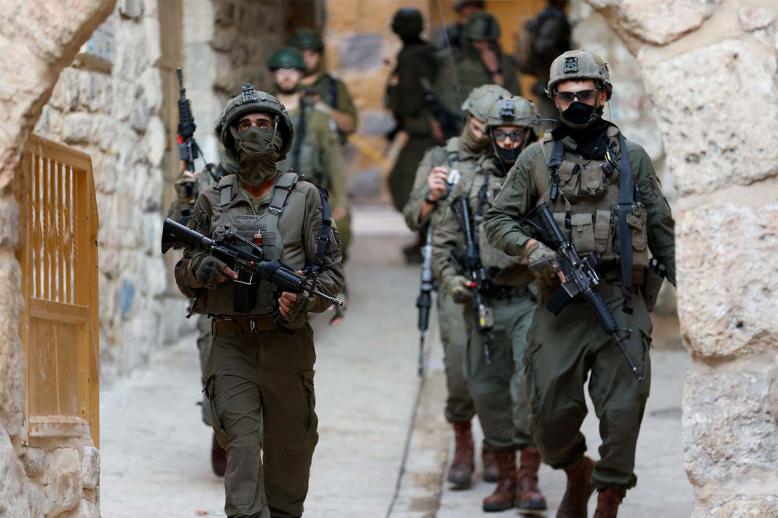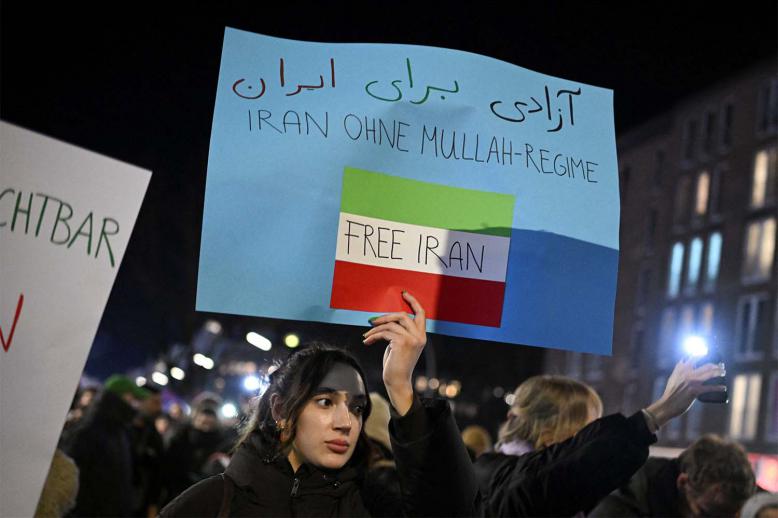Sudan’s story is told in many ways
The upheaval in Sudan reminded me of “The Book of Khartoum,” billed when it was published in 2016 as the first major collection of stories from Sudan to be translated into English. Reading it, I was struck by the haunting sense of a city marked by many different power struggles over time.
Indeed, Sudan has had other uprisings like the one now demanding the resignation of President Omar Al-Bashir. When street protests toppled governments in Tunisia and Egypt in 2011, many Sudanese intellectuals trenchantly pointed out they weren’t, as the international media narrative went, the first of their kind in the Arab world. Sudan had done the same thing in 1964 and 1985. The first overthrew the military regime of Ibrahim Abboud; the second toppled another military ruler, Jafaar Nimeiri.
Al-Bashir seized power in 1989 and Sudan has had much to deal with in the past 30 years. It is listed seventh on the “Fragile States Index” (formerly known as the “Failed States Index”). Even the continent-specific “Ibrahim Index of African Governance” ranks Sudan a dismal 49th of 54 countries. Africa’s largest country until South Sudan formally split from it in 2011, Sudan has suffered from the loss of revenue from the oil-rich south.
This added to the pressures already building. Designated a state sponsor of terrorism by the United States in 1993 — Osama bin Laden and his followers lived in Sudan in the early 1990s — Sudan was placed under American economic sanctions in 1997. The sanctions were lifted in 2017 but US President Donald Trump’s administration did not take Sudan off the terrorism state-sponsor list, making it hard for Al-Bashir to seek debt relief and international financial aid and investment.
Meanwhile, the conflict in the western region of Darfur has driven 2 million people from their homes and killed more than 200,000. To add to Al-Bashir’s (and Sudan’s) troubles, he is the first sitting head of state to be indicted by the International Criminal Court (ICC) for war crimes and genocide.
That indictment means it’s hard for Al-Bashir to leave office without a viable plan to stave off prosecution, as Tufts University’s Alex de Waal recently pointed out. De Waal, who has written numerous books on Sudan and served on an African Union mediation team for Darfur, added that Al-Bashir seems to want to step down but the ICC charge forces him to cling to the power of the presidency on his own behalf and for those around him.
This is surely a factor in Al-Bashir’s increasingly desperate attempts to end the protests that began in December but the twisted logic behind Al-Bashir’s ever more authoritarian crackdown — a 1-year emergency, sweeping powers for the security forces — seems to mesh all too well with stories in “The Book of Khartoum.”
Some describe the altered reality of life lived in conflict, abnormal conditions that have somehow become normal. For instance, in the first story, titled “The Tank,” writer Ahmed al-Malik describes — sardonically, searingly — how a Sudanese householder might conceivably buy a tank, just as one would a car, carefully checking its registration papers and overall condition. He details the comical exchanges that occur after the purchase of the tank.
“The sight of it (the tank) parked under the neem tree in front of our house did come as a shock to a few of my friends,” says the story’s narrator, acknowledging that his daughter’s English tutor had ceased to show up at their house, the milkman had fallen into a panic and confessed to watering down his wares and even his father’s debtors had started to arrive with many apologies but not the actual cash.
This is the way it goes in “The Book of Khartoum,” a collection of stories that seems to overturn the Arabic saying “Cairo writes, Beirut prints, Khartoum reads.” In “The Book of Khartoum,” the city is not reading but writing — memos, letters, poetry — to itself. The city is a character, perhaps in some sense, representing the Sudanese people. Traces of Sudan’s colonial past come through, as does the sense of an ancient land, indestructible no matter its dire current situation.
In their introduction to the book, editors Raph Cormack and Max Shmookler describe Khartoum as “a site of conflicted cosmopolitanism… a post-colonial world shaped by conflicting aspirations and daunting obstacles.” This would probably hold true for Sudan as a whole in 2019.
Rashmee Roshan Lall is a regular columnist for The Arab Weekly. She blogs at www.rashmee.com and is on Twitter @rashmeerl
This article was originally published in The Arab Weekly.







